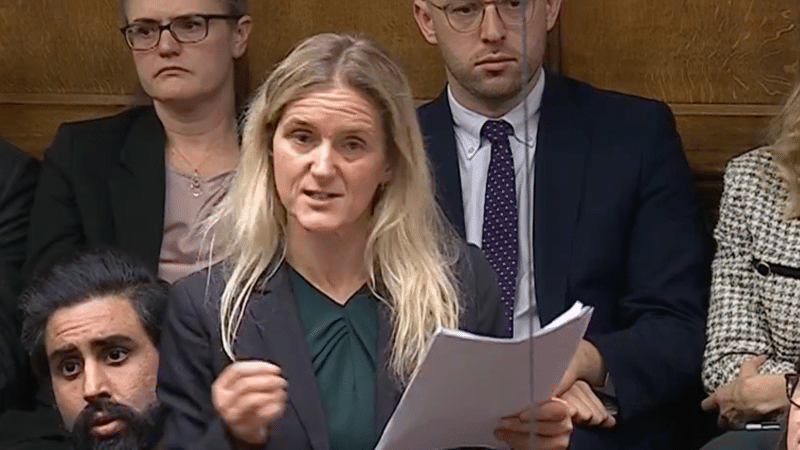As you would expect, we’re continuing to follow every moment of the Committee tasked with scrutinising Kim Leadbeater’s assisted suicide Bill. Here are ten key moments from day one:
Evidence mountain
1. The day began with the acknowledgement that with over 400 pieces of written evidence and more than 350 amendments, scrutiny was commencing without the Committee having been able to assess all the necessary reading material – and with more still to come.
Safeguard removed
2. Overshadowing proceedings was Bill sponsor Kim Leadbeater’s announcement the previous evening that she was looking to drop the role of the High Court judge – the ‘ultimate safeguard’. Members questioned how they could reasonably discuss earlier parts of the Bill in light of such last minute amendments “which potentially change the entire nature of the legislation we’re attempting to scrutinise”. Over 60 MPs are on the record as saying they voted for the Bill because of High Court oversight.
‘Jekyll and Hyde’ ministers
3. Chairman Roger Gale indicated that he would raise questions around the role of the Government ministers on the Committee with the clerks. The ministers were described as acting like ‘Jekyll and Hyde’, after they said they would speak ‘neutrally’ as the Government, but vote as private members. Ministers were also criticised for failing to bring forward an Impact Assessment on the Bill, which they suggested was because the Bill might change in Committee.
Newspeak
4. Kim Leadbeater claimed that people seeking assisted suicide were not suicidal: “they want to live”.
Concession
5. She did make her first concession, indicating she would support a move to require a referral to a psychiatrist if there is any doubt around mental health and capacity.
Campaign tactic
6. Danny Kruger revealed that when Dignity in Dying was still called the Voluntary Euthanasia Society, it specifically campaigned for a low threshold in the Mental Capacity Act to make opting for assisted suicide easier.
Safeguard rejected 1
7. Sarah Olney’s amendment for the Bill to require ‘ability’ to opt for assisted suicide rather than the lower threshold of ‘capacity’ was rejected – one MP labelled Olney’s use of the term ‘ability’ as “ableist”.
‘Capacity’ is king
8. Neil Shastri-Hurst admitted that he has “no personal, moral objections to somebody who has a terminal illness, who suffers from depression” receiving assisted suicide if they are deemed to have capacity.
Safeguard rejected 2
9. Too few MPs backed Danny Kruger’s amendment to make prisoners and homeless people ineligible to receive assisted suicide due to their particular vulnerabilities, saying that “autonomy is not just in the mind, it’s in your circumstances”. He cited evidence from last year’s Chief Coroner’s Report in Ontario, Canada, which found that people with insecure housing were disproportionately likely to receive assisted suicide.
Laying the ground for legal challenges
10. Government Minister Stephen Kinnock suggested that the courts could find that excluding prisoners and homeless people could breach their Article 14 right to freedom from discrimination, raising questions as to whether the courts could deem the exclusion of other groups as ‘discriminatory’. The Bill’s supporters previously suggested that the courts would not interfere to broaden the scope of any assisted suicide law Parliament agrees.


